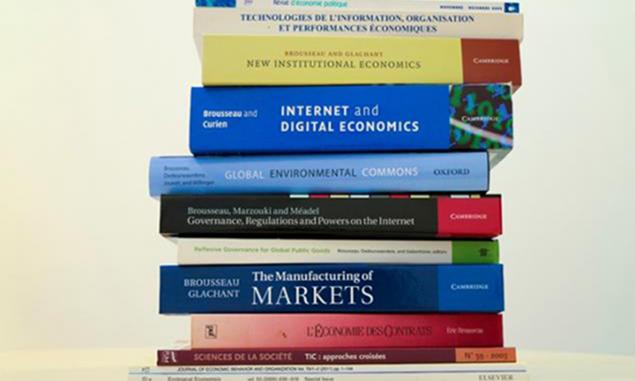
|
| , - |
|
| Salle P303 (3ème étage) | Université Paris-Dauphine. |
SPEAKER :
"Full versus binary menus: What are the welfare gains?" - Co-écrit avec David Martimort
This study focuses on the contractual relationships between public authorities and operators. The new theory of regulation suggests that, in a situation of asymmetric information, the principal may propose the agent a complex menu of linear contracts in order to maximize social welfare. While this practice is well understood from a theoretical point of view, it is difficult to implement in practice; instead, simple binary menus are frequently used in reality. Rogerson (2003) and Chu and Sappington (2007) have suggested through a theoretical exercise that simple binary menus capture a substantial share of the gains achievable by the full optimal menu (at least 75%). A first goal of our paper is to challenge these results empirically in the particular case of the local public sector. Our preliminary results are much more pessimistic than those obtained by these authors. As a by-product, we investigate whether the major source of benefit in contract design comes either from better designing cost reimbursement rules or extending contract length.























